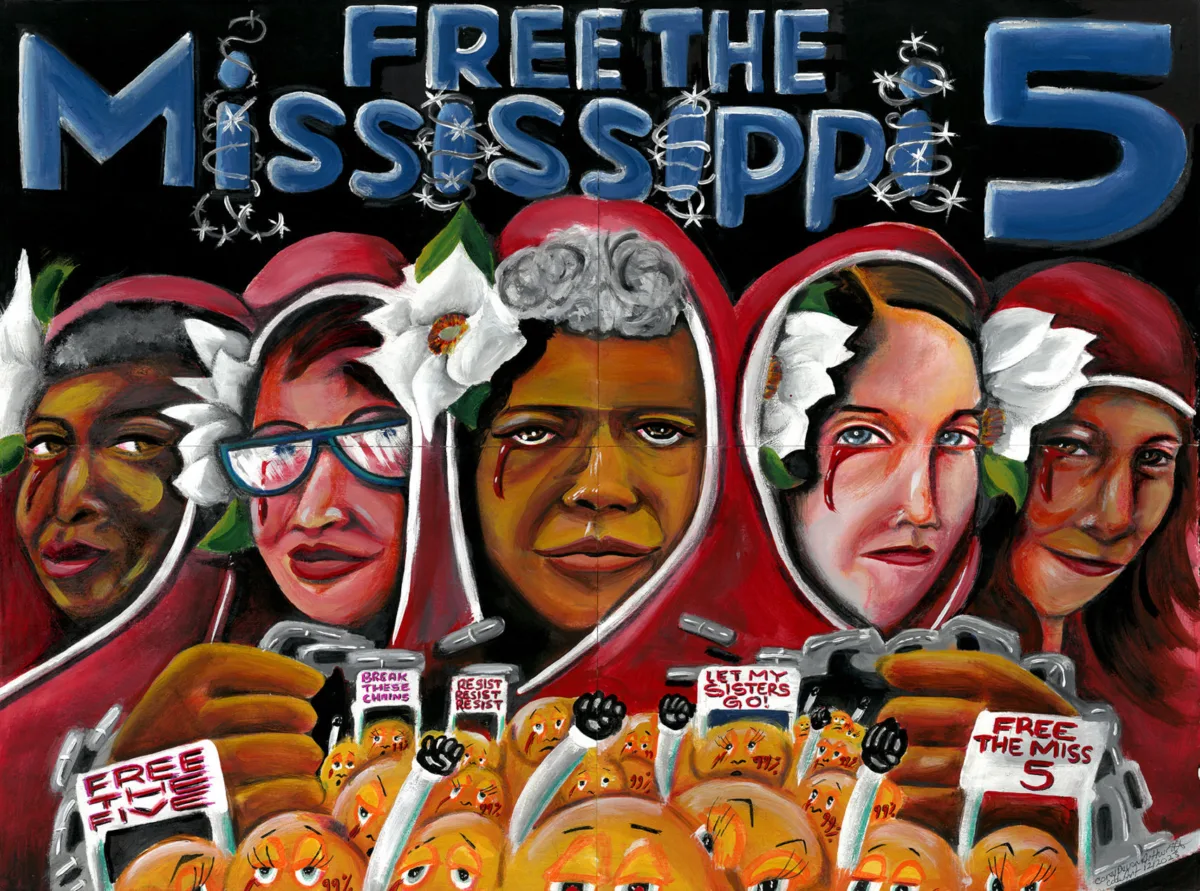
Why the “Mississippi Five” Deserve Parole After 40 Years in Prison
Five women in Mississippi have been incarcerated longer than any others in the state. Each has been denied parole a multitude of times. Here, one of the women shares their stories.

Five women in Mississippi have been incarcerated longer than any others in the state. Each has been denied parole a multitude of times. Here, one of the women shares their stories.
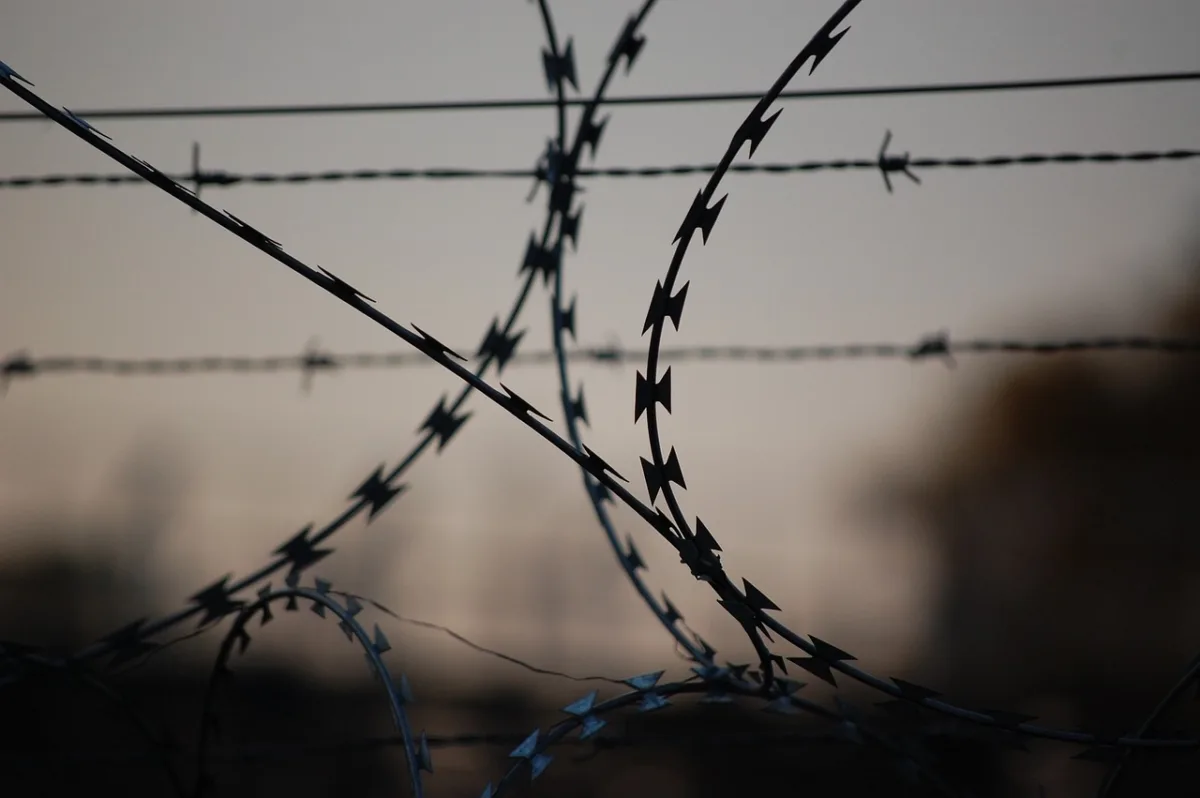
Aging in prison meant realizing my son was also a victim of my crime due to my absence from his life. I try to do what I can on visits to help my son succeed.
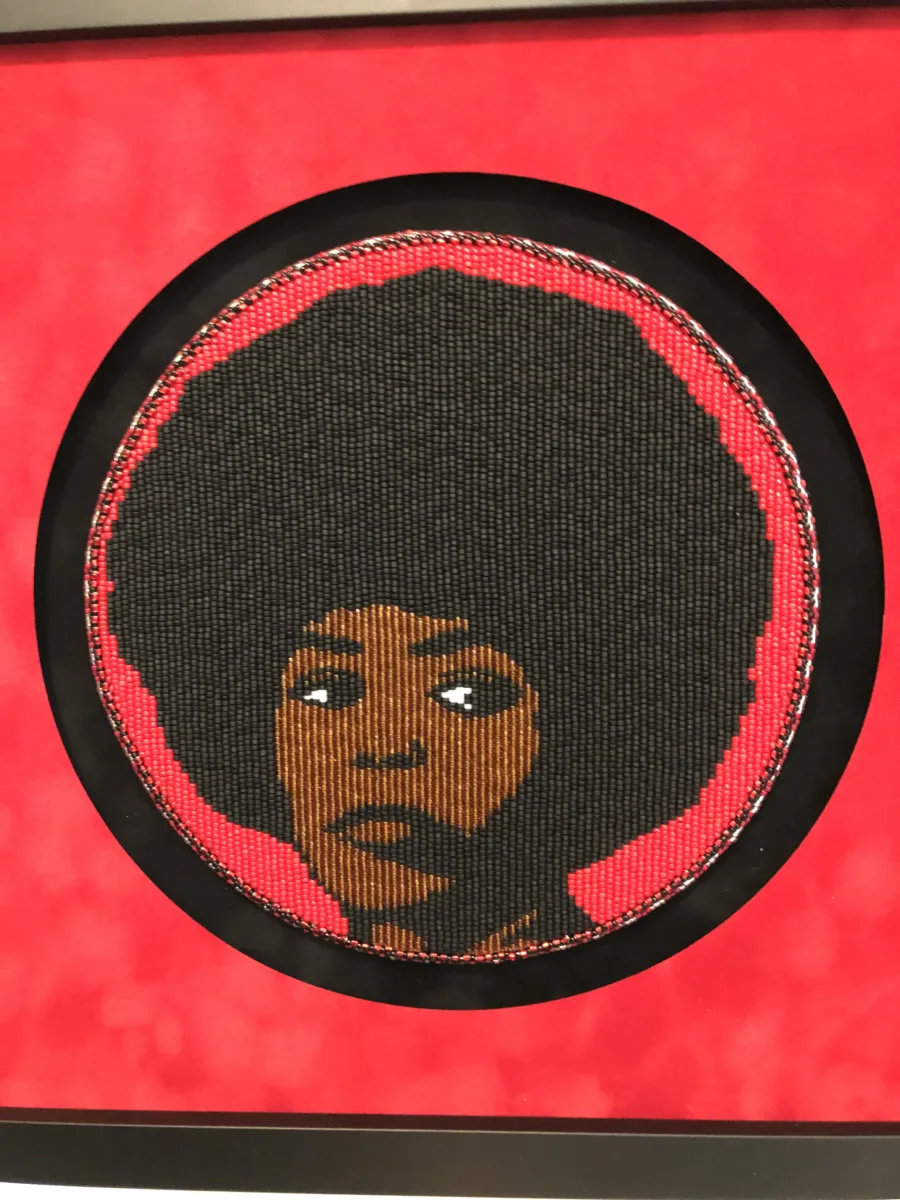
Although my artistic pursuits began with material necessity, they have become a way for me to express myself and find inner peace within the oppressive environment in which I am confined.

My checks came out to $300-400 weekly for about 70 hours of labor.

Two years after Elena’s death, I try to understand why I was given a child just to lose her.

I experienced my first childbirth while I was incarcerated in a county jail.
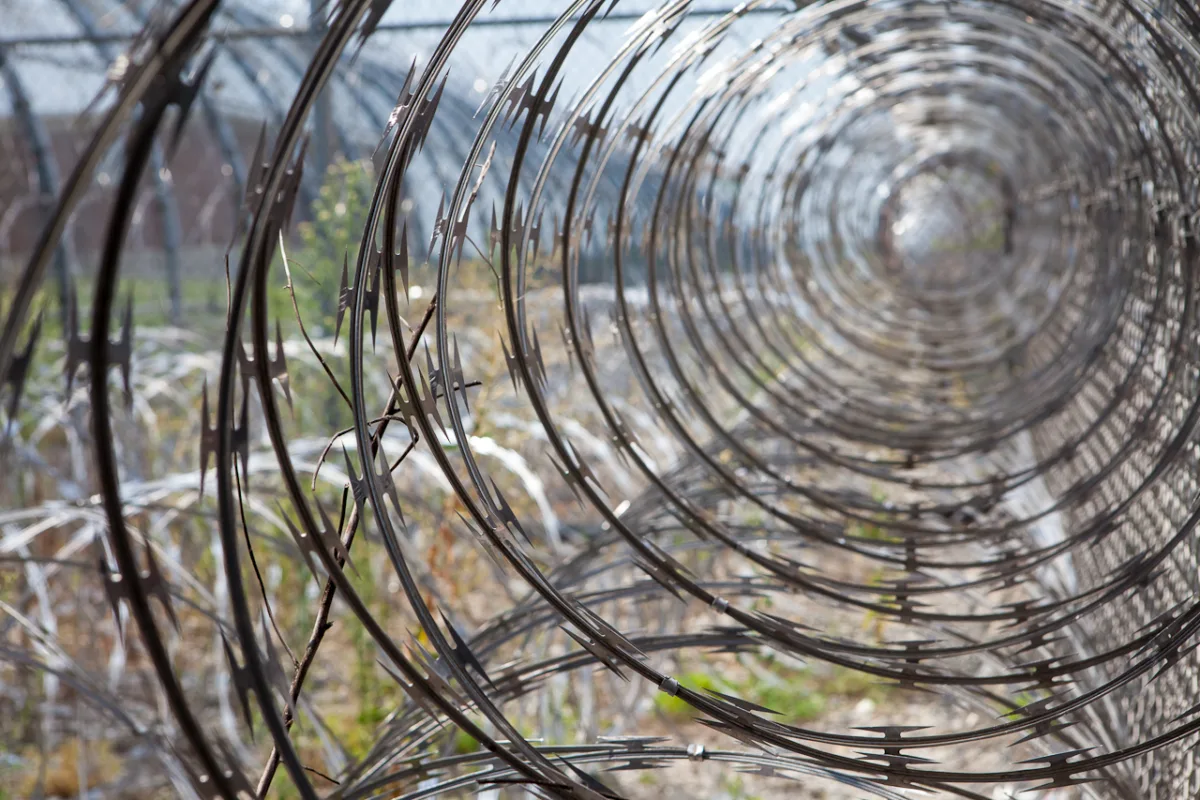
I had to return to jail before a resentencing hearing. It meant taking a trip back through hell.

Incarcerated people have testified before state lawmakers about legislation that would directly impact their lives, including bills to change the cost of prison communications and rein in extreme sentencing practices and the use of solitary confinement.

Free prison tablet programs rely on predatory contracts with juggernauts of prison industry, Aventiv and Global Tel Link.
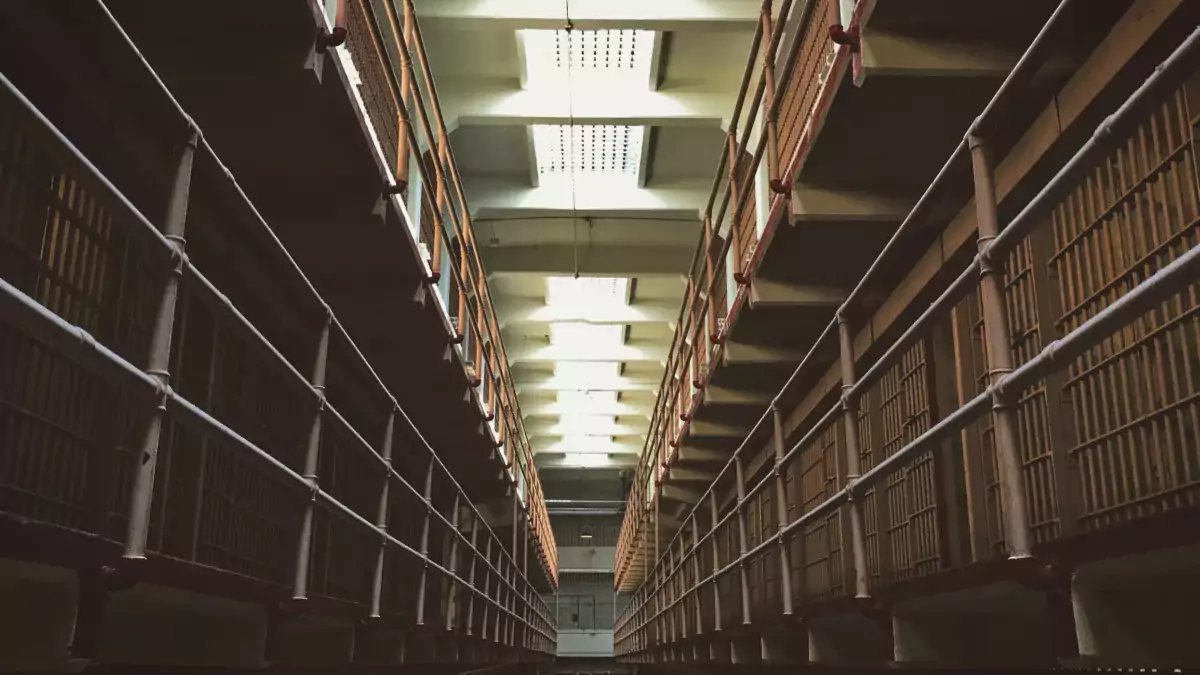
On Jan. 19, New York City Mayor Eric Adams vetoed a bill that would have effectively banned solitary confinement in his city’s jails. Incarcerated writer Chris Blackwell and CUNY Law Professor Deborah Zalesne share why the practice is so horrific.

In this excerpt formerly incarcerated writer James Kilgore denounces the growing use of e-carceration technologies like ankle monitors.
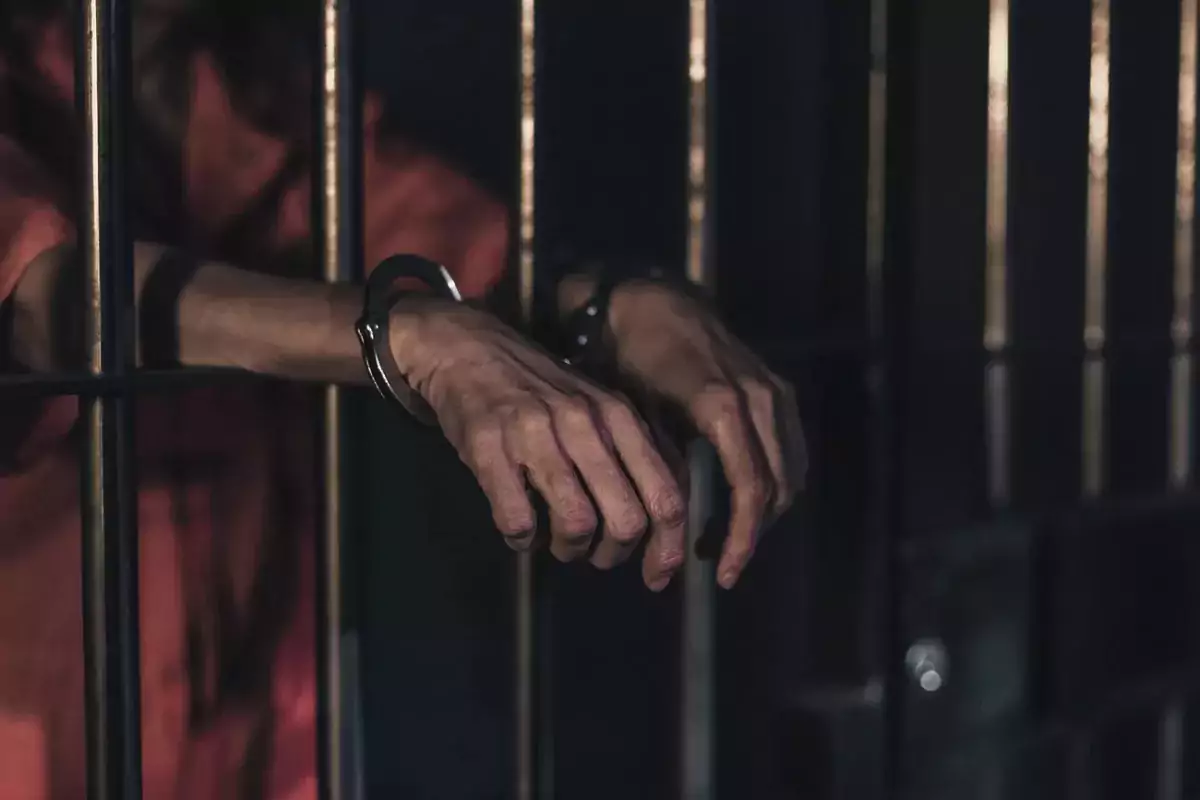
Despite the frequency of in-custody deaths, their exact scope remains unknown and data is often intentionally obfuscated.
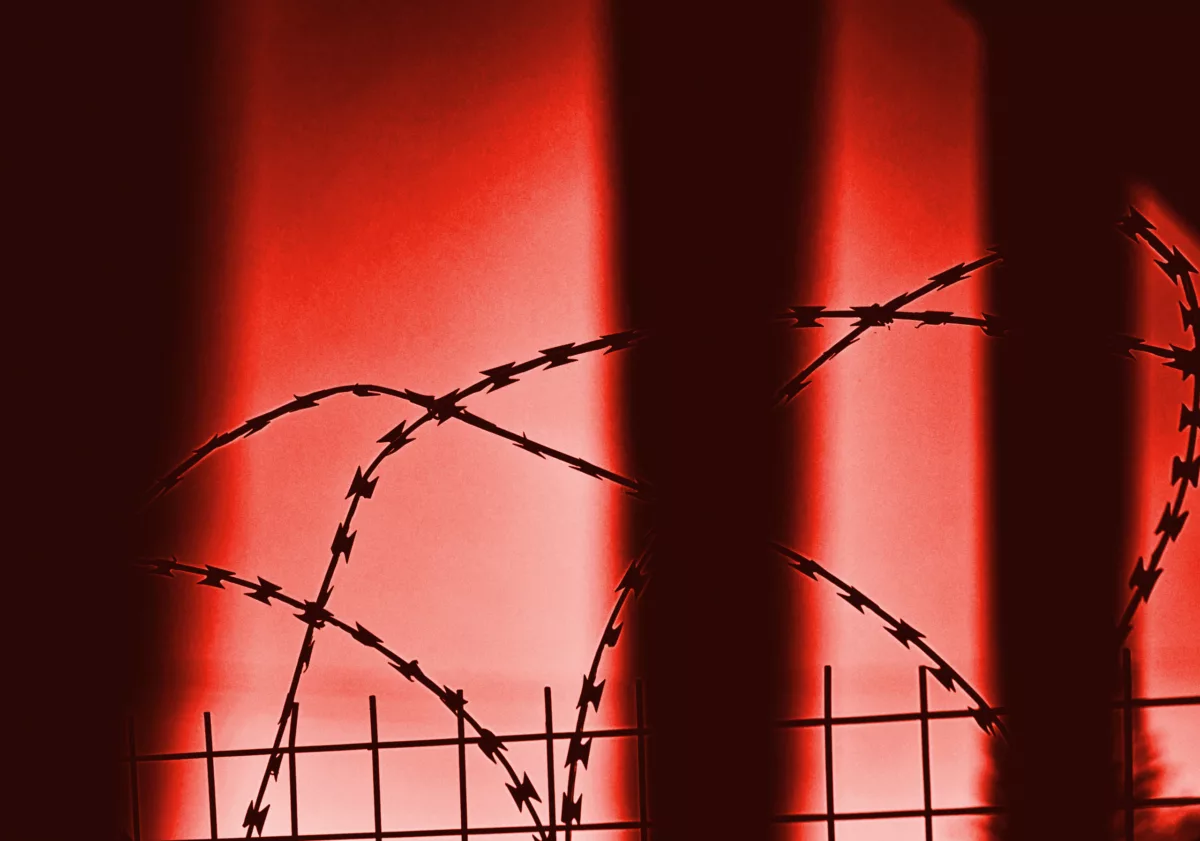
Lacino Hamilton spent 26 years in prison for a murder he didn’t commit before being exonerated in 2020 after DNA evidence cleared him.

The phrase “toxic masculinity” is ubiquitous these days, but there are few places where it’s more all-consuming than in a men’s prison
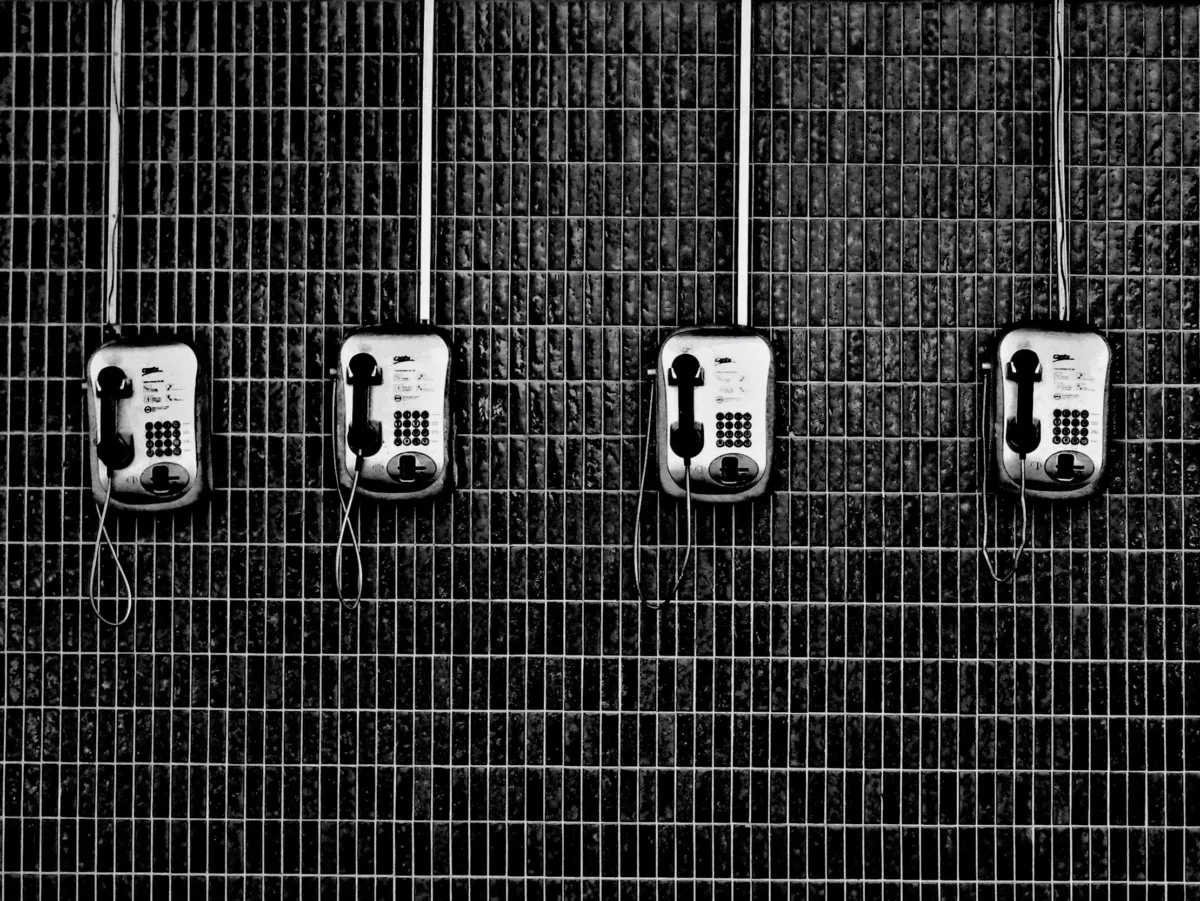
JShawn Guess recounts how being unable to earn money while in prison led to him missing out on his final moments with his mom.
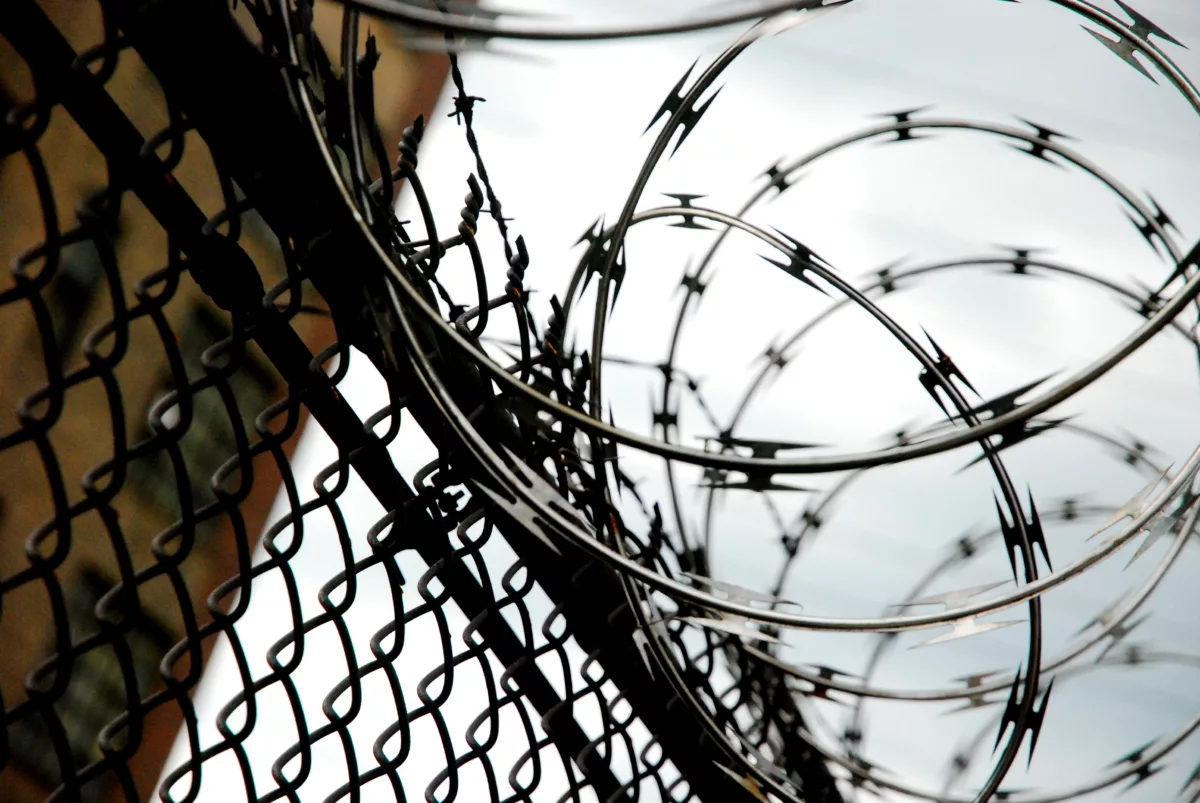
A trans woman mutilated herself in a New Jersey men’s prison after officials refused to transfer her to a women’s facility.
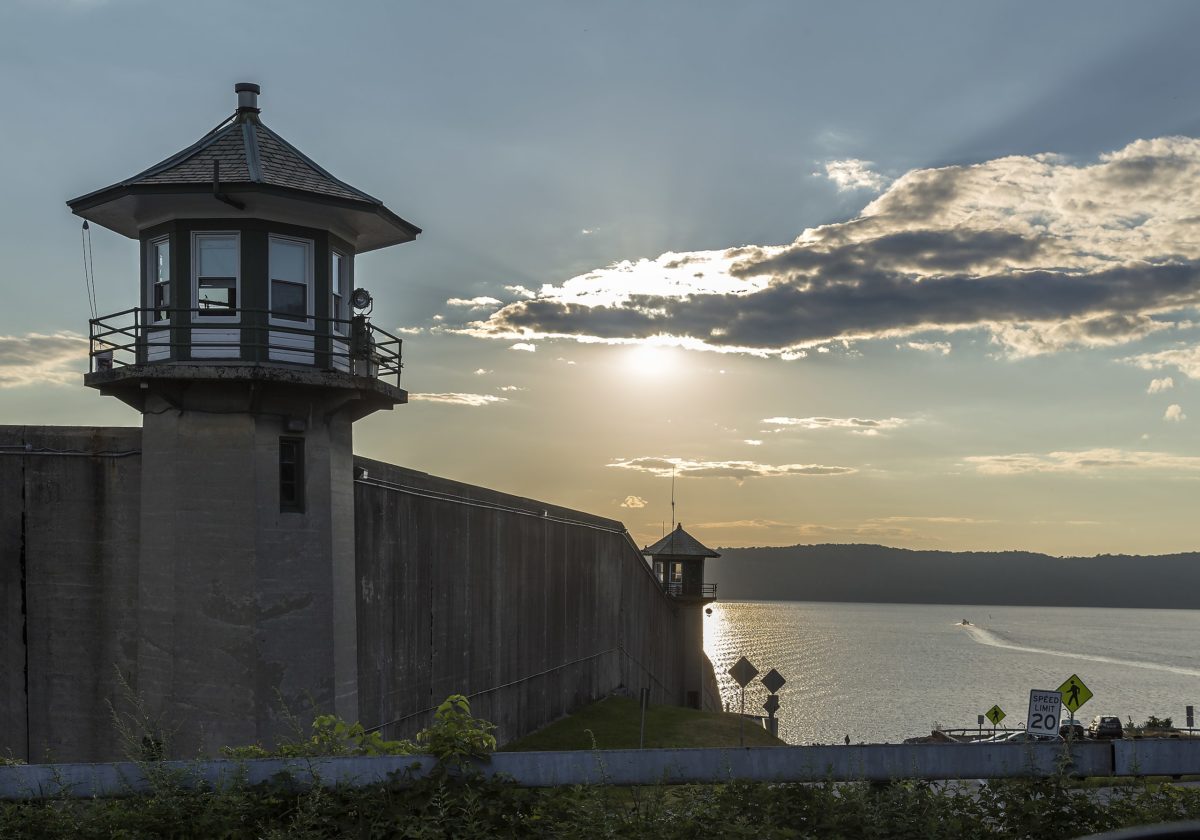
One incarcerated author used skills from an HIV/AIDS group to push imprisoned people and prison guards to get vaccinated against COVID-19.

Opponents of bail reform blame pretrial release for increased crime, despite a lack of evidence. Lost in the debate—the proven harms of jail.

Serving out a sentence in a Washington state prison, I was certain I’d never own a home. When my wife and I started the process, we found out just how difficult it would be.

Corrections officials confirmed finding legionella at five facilities over the past 12 months.
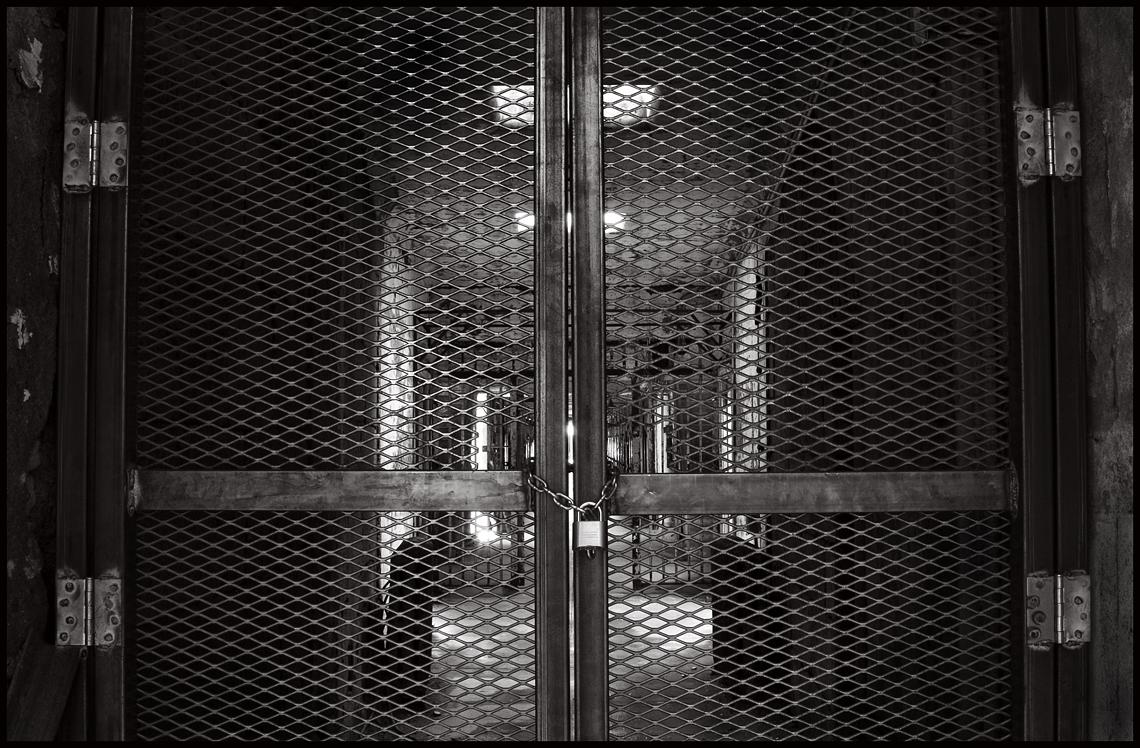
A cycle of hopelessness is taking its toll in prisons across the country, amid continued restrictions on the things that make life more bearable.
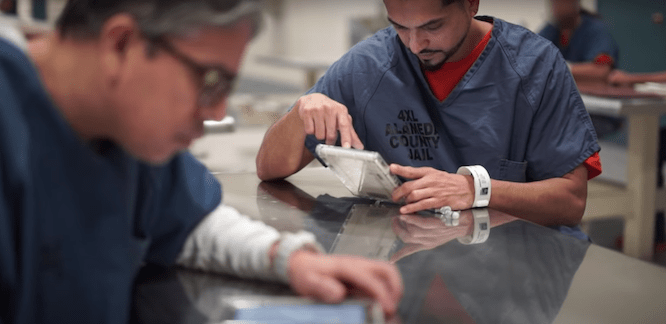
After giving tablets to incarcerated people, prison telecoms giants are charging prisoners and their families exorbitant prices on everything from emails to movies.
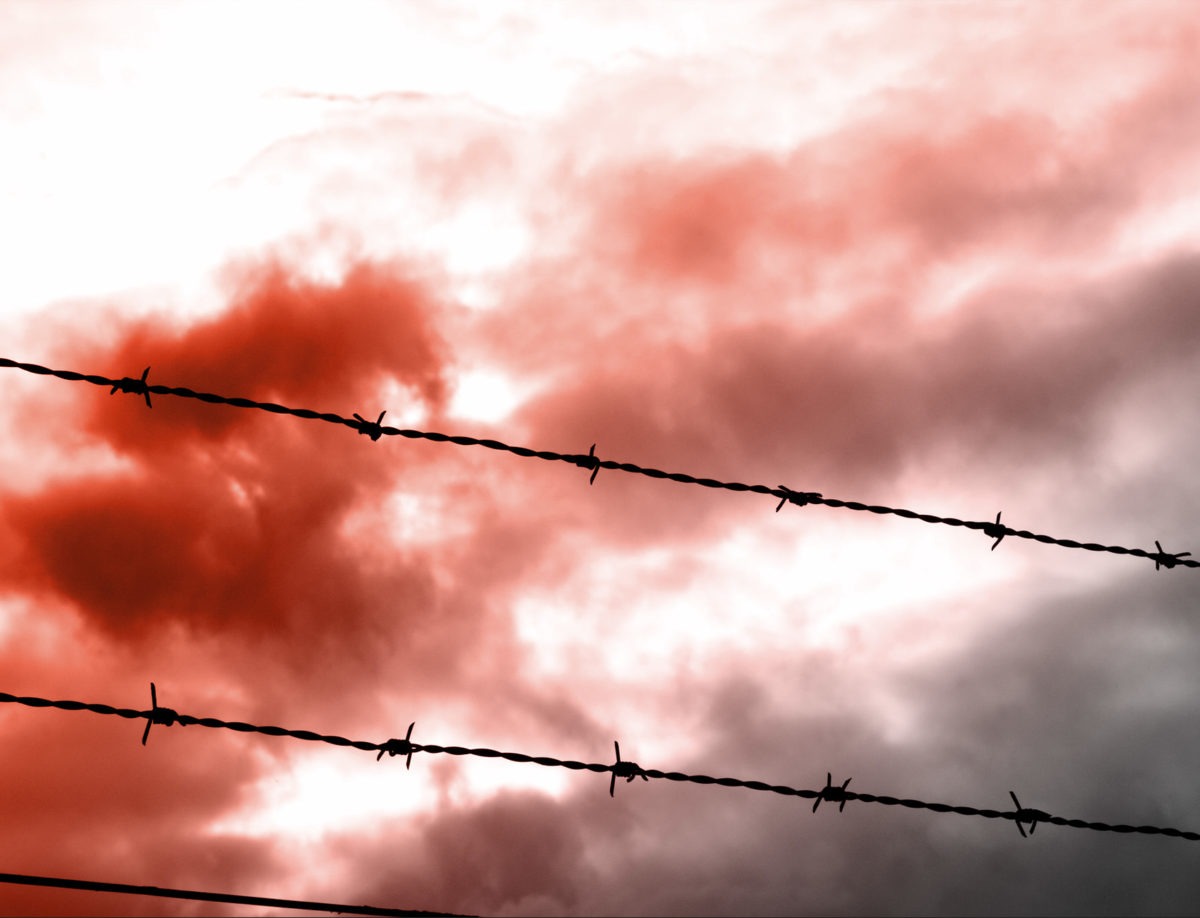
It’s been quite a year for us, to say the least. In May, we unionized. Then our former bosses shut The Appeal down. But we, the workers, resolved to save The Appeal and continue the important work we do covering the criminal legal system. Since then, we succeeded in becoming a worker-led nonprofit newsroom. We […]

Thank you for all of your support. Your contributions have enabled us to turn The Appeal into a worker-led newsroom dedicated to exposing the harms of the criminal legal system — and to begin publishing again! Check out some of our recent pieces: We uncovered a robbery task force at DC’s Metropolitan Police Department that […]

We’re excited to share that we’re kicking off our year-end fundraising campaign through NewsMatch, an industry-wide program to sustain journalism through matching gifts on the local and national level. Through Dec. 31, NewsMatch will match your new monthly donation (at 12 times the value), or double your one-time gift, all up to $1,000. In total, […]
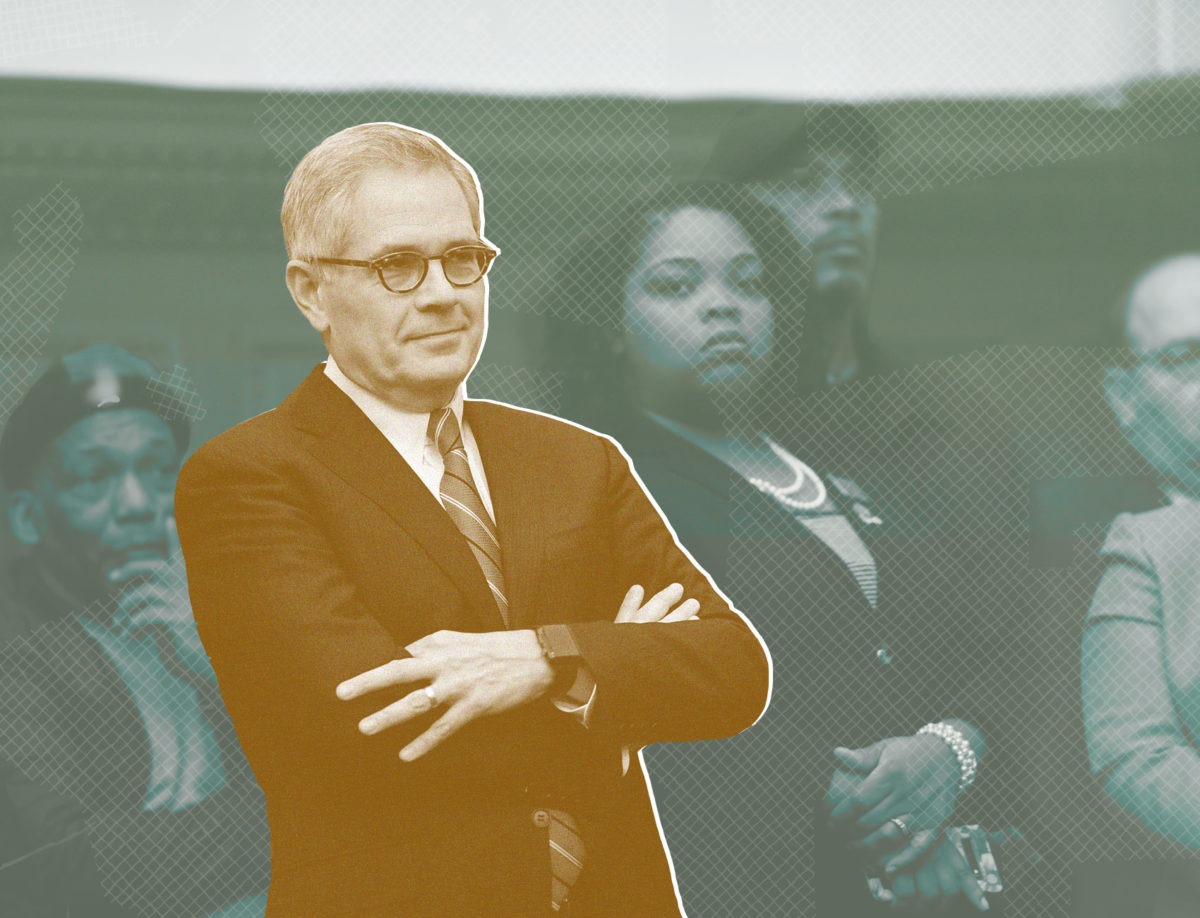
Philadelphia’s top prosecutor has made good on promises to reduce incarceration in the city. His re-election bid will be a litmus test for the progressive prosecutor movement he helped start.

As a staff member of the Campaign for the Fair Sentencing of Youth, I fight for all children, especially those impacted by systemic racism in our criminal justice system.
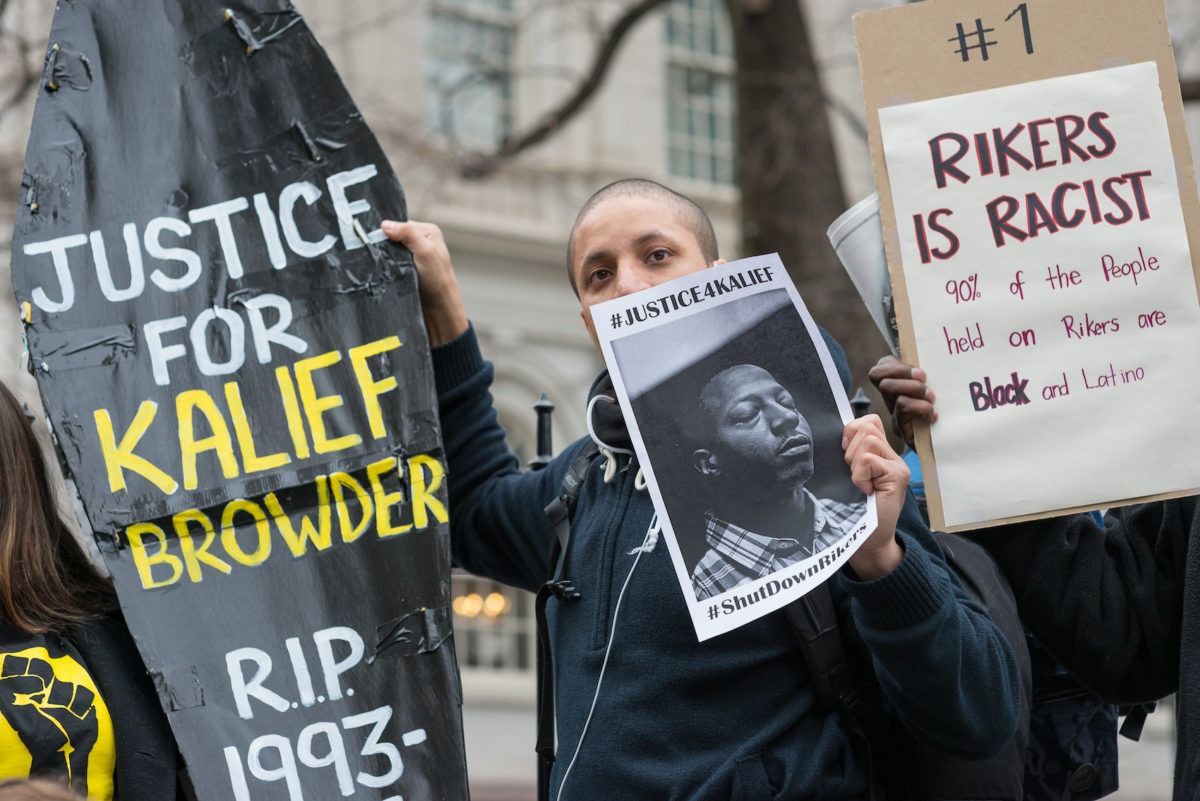
The Rittenhouse case raises particularly pointed questions about what we are really talking about when we talk about bail.
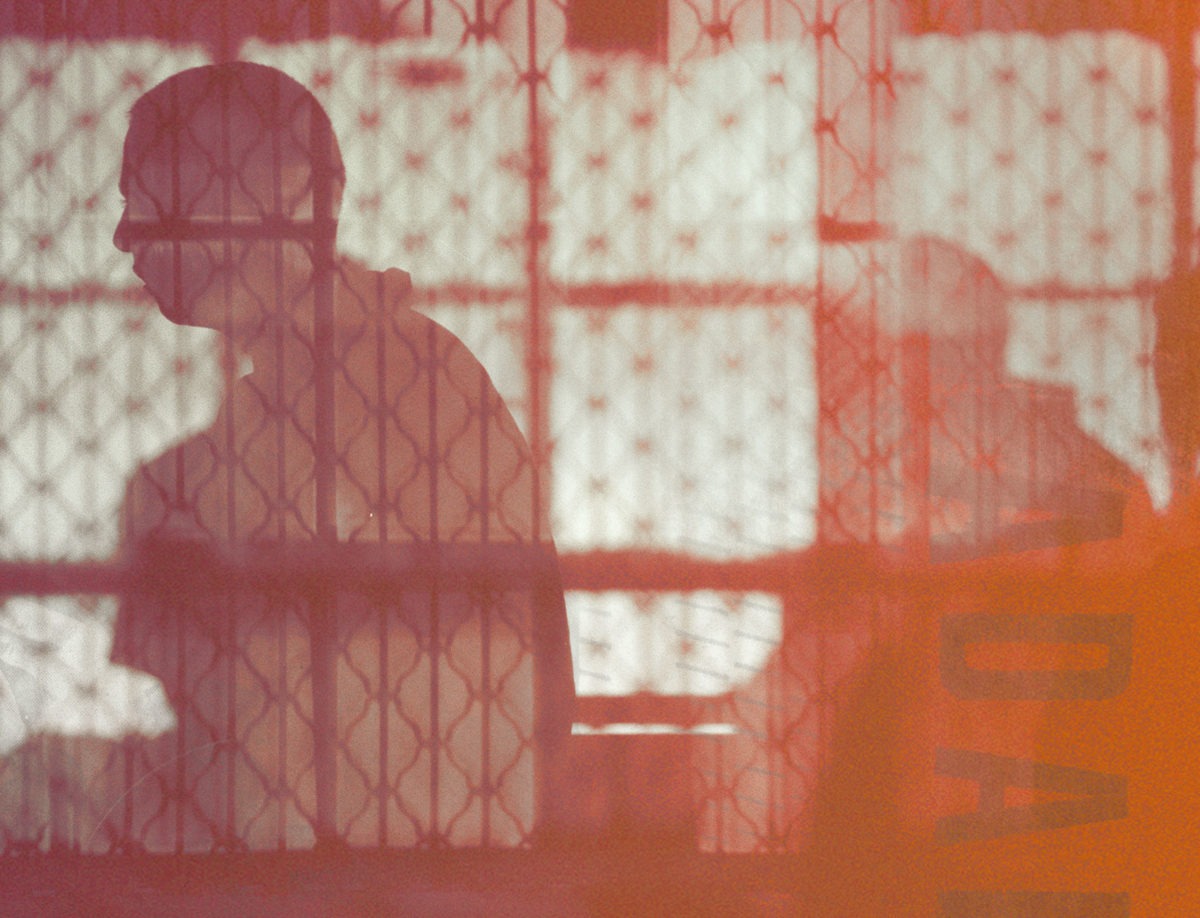
The law, known as SB 402, eliminates the use of signature bonds for a number of felonies, putting poor people who might not be able to afford cash bail at a disadvantage.

Honken, convicted of the murders of five people, died by lethal injection at the U.S. Penitentiary in Terre Haute, Indiana. The federal government resumed executions this week for the first time since 2003.
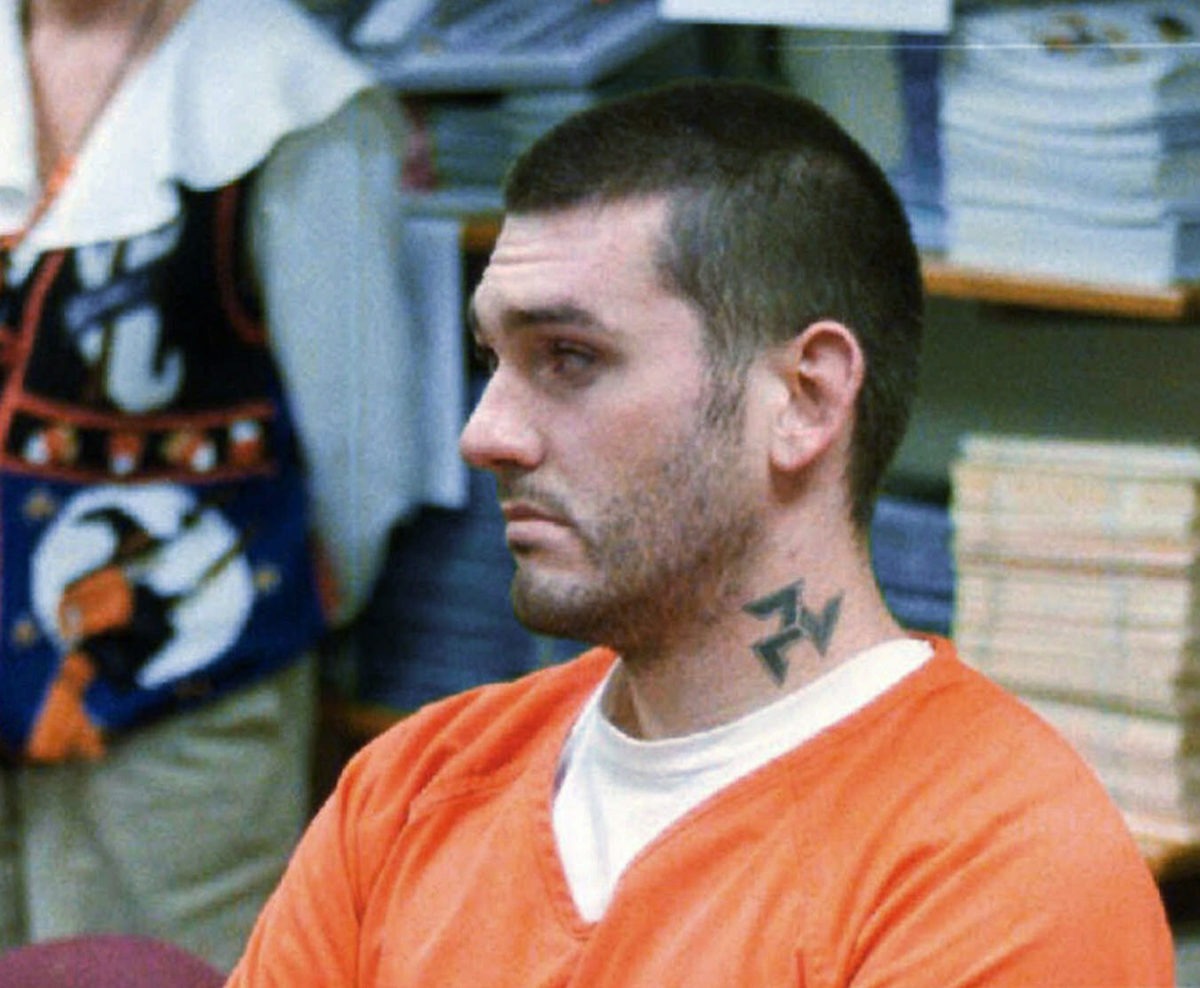
A late-night Supreme Court ruling cleared the way for the execution of Daniel Lewis Lee, despite his claims of innocence and his attorneys’ belief that DNA testing could show he was wrongly convicted.

A government psychologist who used the tool to evaluate Daniel Lewis Lee—who is scheduled to die Monday in Indiana—has since disavowed it. Without it, the trial judge has written that it’s ‘very questionable’ Lee would have been sentenced to death.
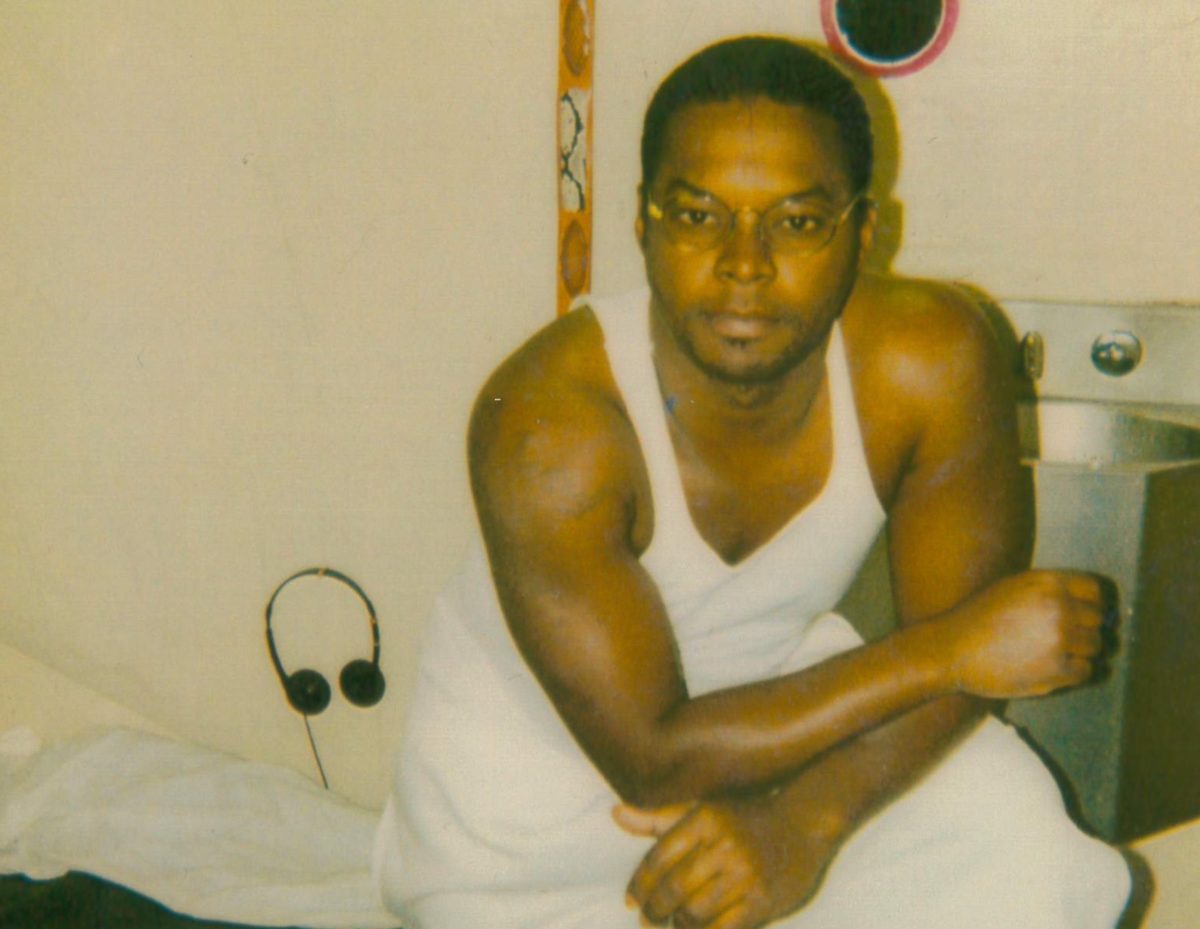
In 1998, Toforest Johnson was sentenced to die for the 1995 shooting death of an off-duty sheriff’s deputy. Now, the city’s district attorney is advocating for a new trial.
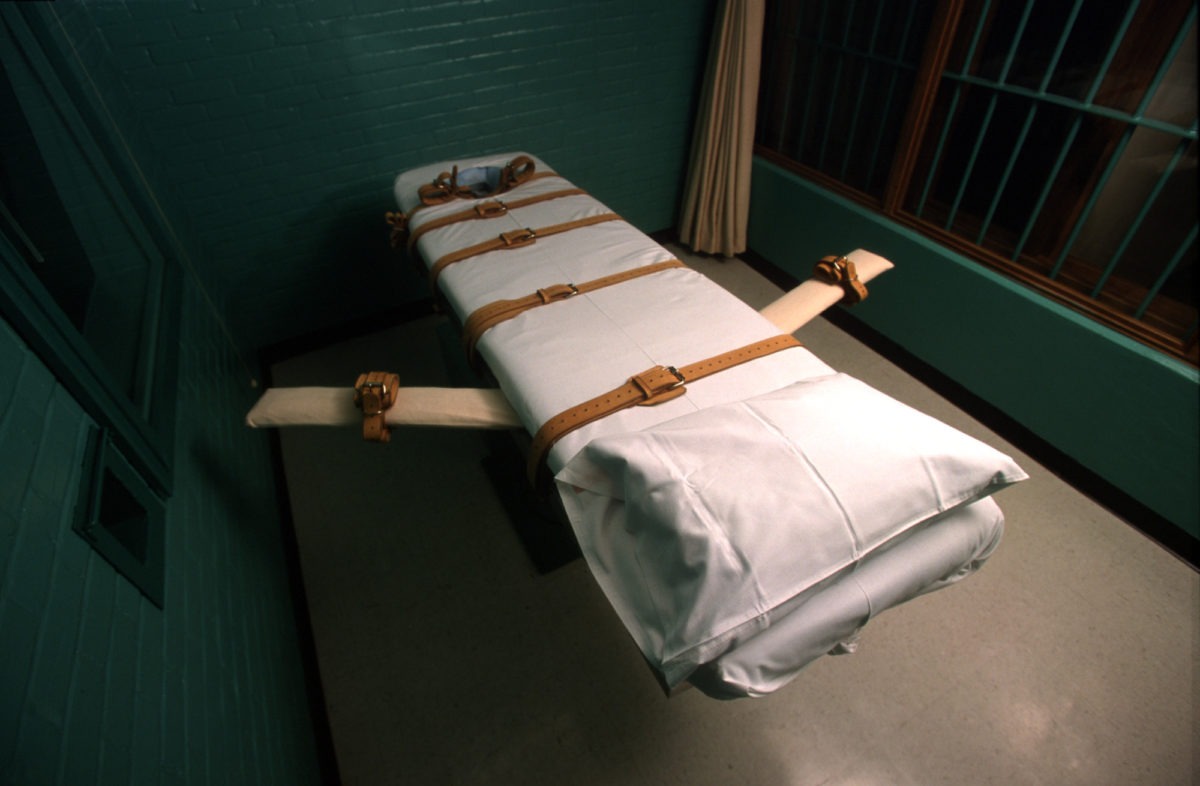
If the U.S. Supreme Court or the state’s governor doesn’t step in, Barton’s would be the first execution carried out in the country during the COVID-19 pandemic.

States must fund stable housing for all formerly incarcerated people to neutralize the spread of COVID-19 and create equitable opportunities for social reintegration.
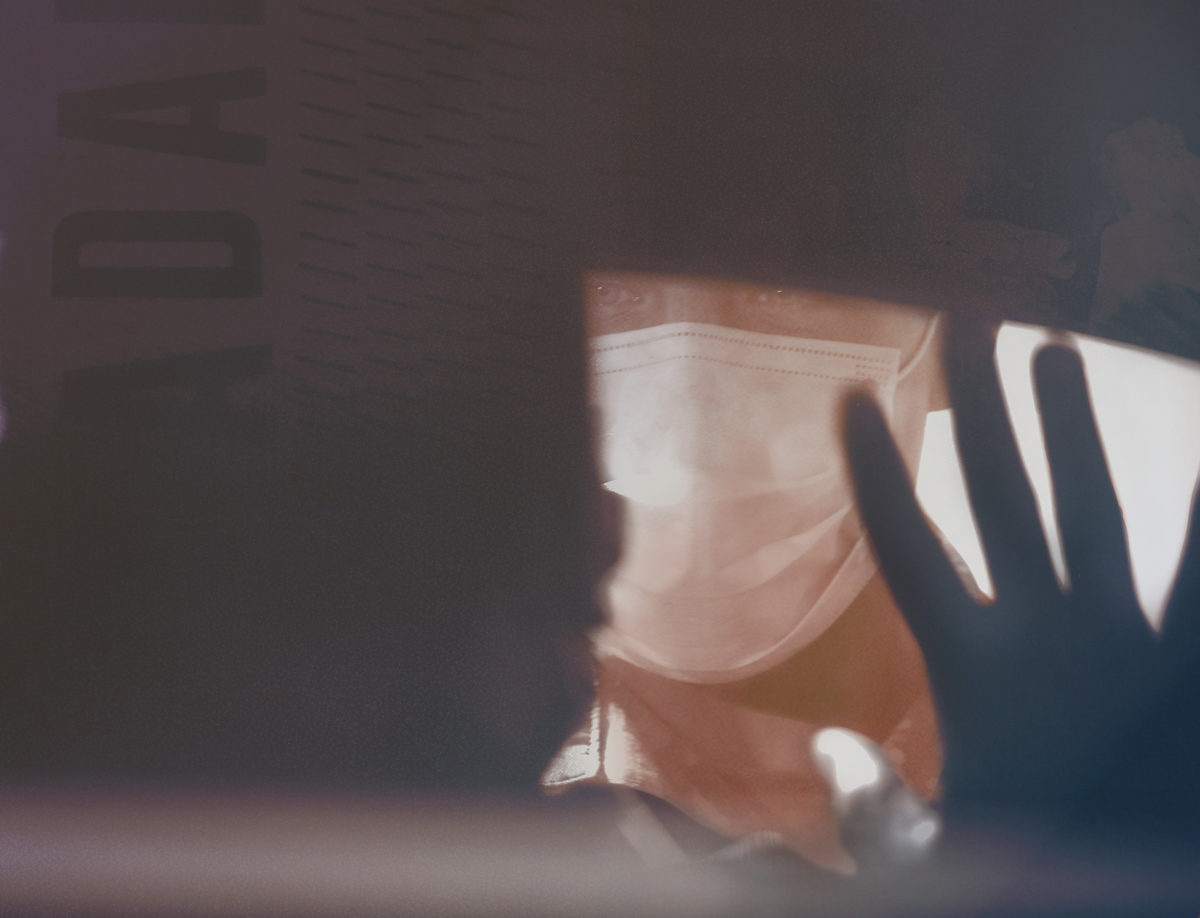
Faculty members of the Yale School of Public Health, the Yale School of Medicine, and the Yale School of Nursing wrote to the governor that sending patients there is “inhumane and ineffective.”

In this episode, Josie Duffy Rice and her producer, Florence Barrau-Adams, travel to Fishkill Correctional Facility in Beacon, New York, to interview Rodney Spivey-Jones and Max Kenner about the Bard Prison Initiative and Bard College.
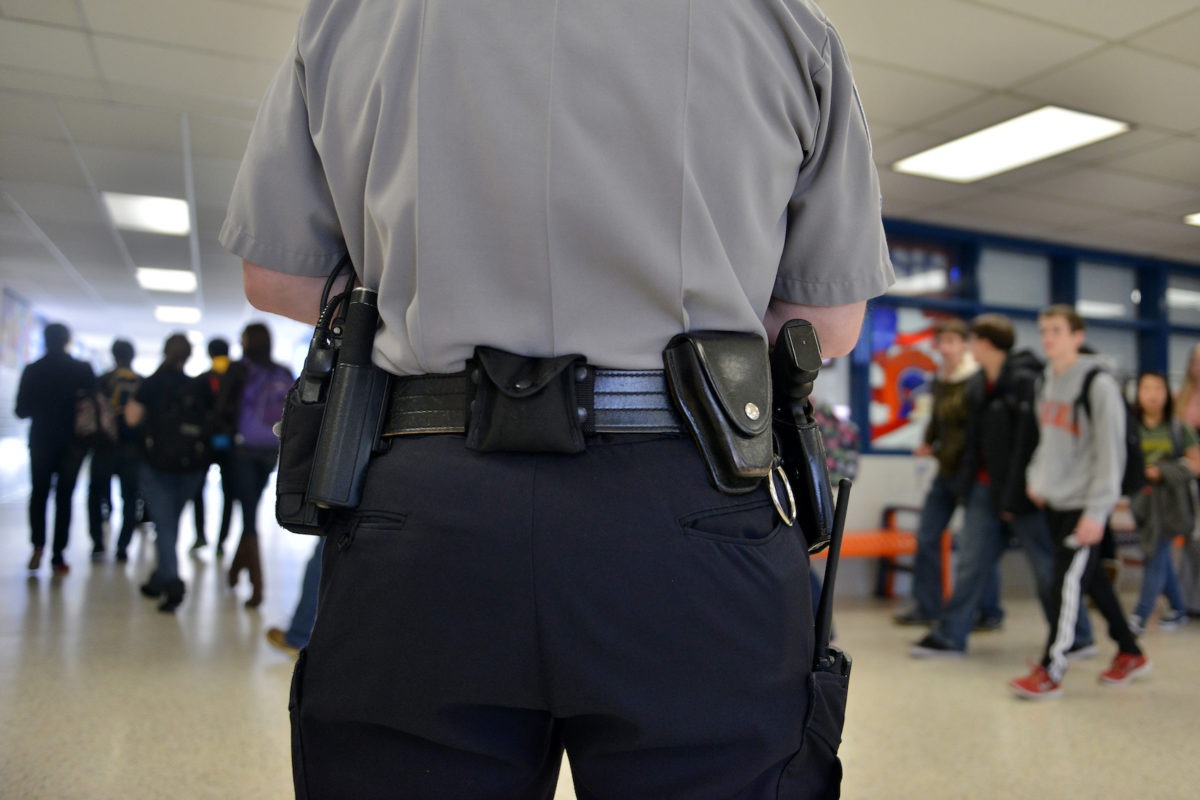
Josie Duffy Rice and her co-host, Derecka Purnell, talk to Judith Browne Dianis, executive director of the Advancement Project, about the school to prison pipeline.

Sharon Fahy, whose daughter was murdered in 1988, asked the court to release Walter Ogrod, the man convicted in her killing.
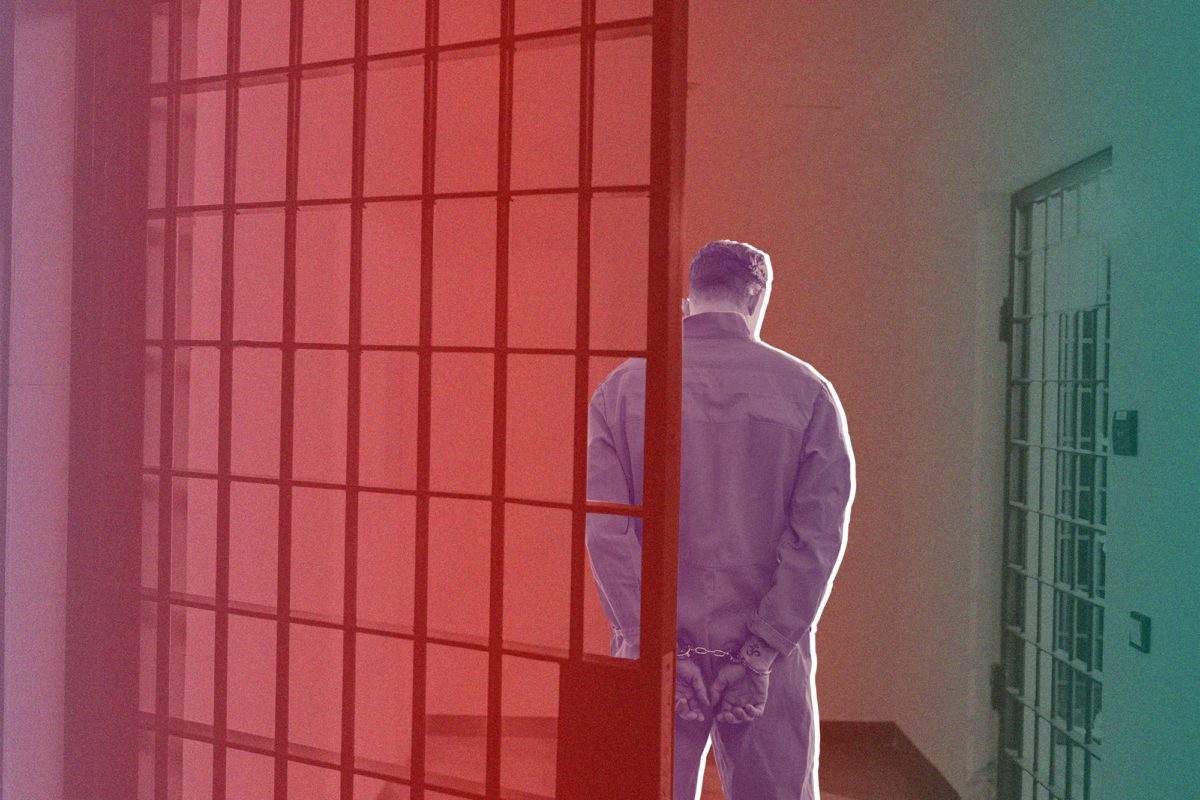
Josie Duffy Rice and guest co-host Donovan Ramsey talk with Bianca Tylek, executive director of Worth Rises, about the privatization of America’s criminal legal system.